How Ong Beng Seng, the ‘prince of a thousand deals’ who charmed Singapore, got caught up in Iswaran corruption probe
https://www.scmp.com/week-asia/people/article/3227768/how-ong-beng-seng-prince-thousand-deals-who-charmed-singapore-got-caught-iswaran-corruption-probe?module=most_viewed&pgtype=homepage
How Ong Beng Seng, the ‘prince of a thousand deals’ who charmed Singapore, got caught up in Iswaran corruption probe
- The Malaysian-born tycoon is known among the Singapore and regional elite for his colourful persona and aggressive dealmaking skills
- Public chatter has focused on Ong’s ties with Transport Minister S. Iswaran and how they brought the F1 race to Singapore
Ong Beng Seng, the billionaire ensnared in Singapore’s most high-profile corruption investigation in recent times, is not short on superlatives: he’s one of the richest tycoons in the city state, a big shot in the Formula One franchise owners’ club, and has been a power player in Southeast Asia for more than four decades.
He has avoided the spotlight through the years, though details about Ong’s colourful and at times brash persona – and especially his skills as an aggressive dealmaker – are well known thanks to a regional moneyed class that is tight-knit but with loose lips.
In the 1990s, descriptions of Ong in the national media and in glossy business magazines ranged from “Sheikh of the Far East” to “Prince of a Thousand Deals”.
There is at least one reference to Ong and his wife Christina Ong – a highly successful businesswoman in her own regard – as the “Posh and Becks” of Singapore’s property and hotel scene.
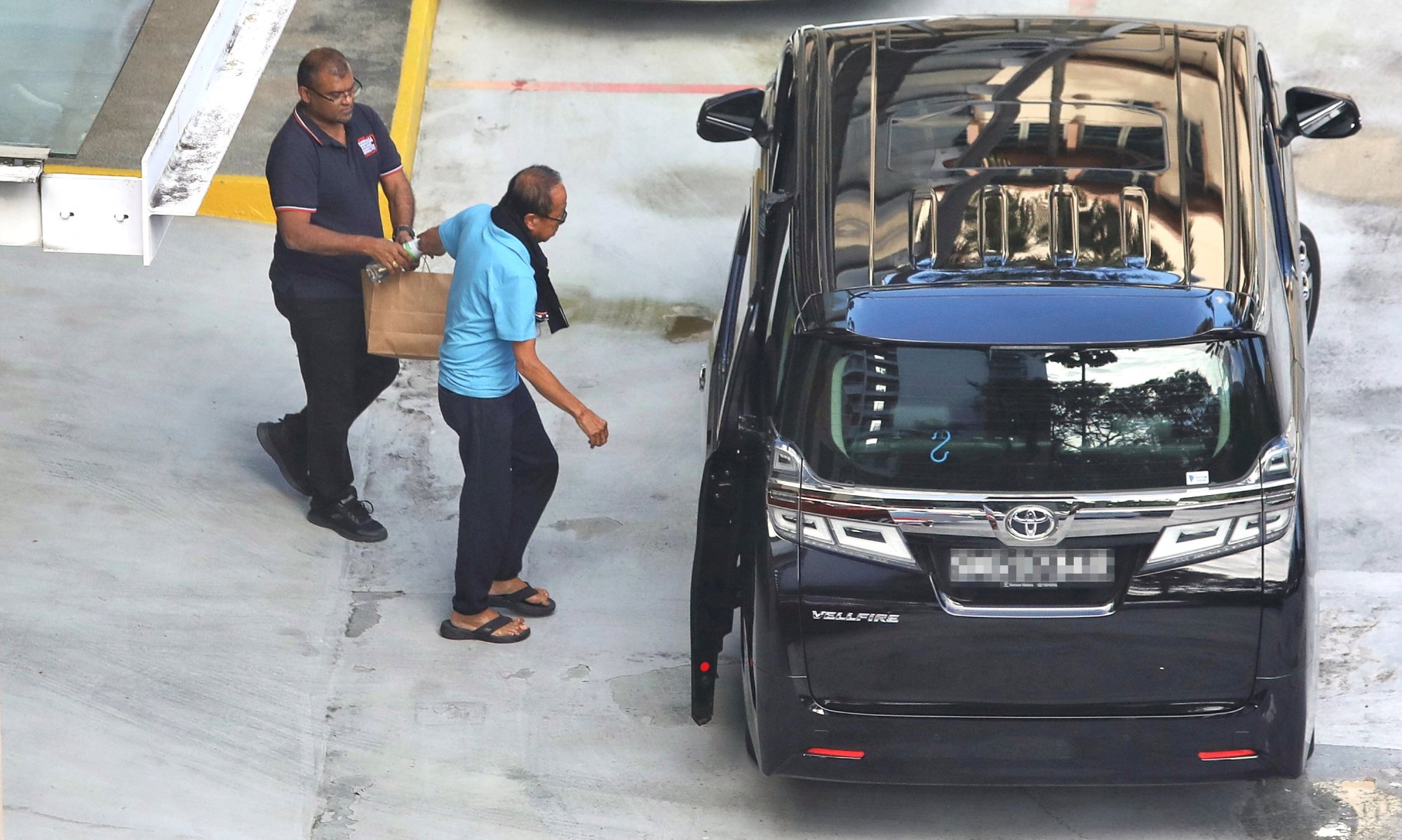
His Hotel Properties Limited (HPL) briefly was the cause of irritation for the island republic’s long-ruling People’s Action Party (PAP) in 1995, when its sale of discounted luxury properties to top politicians raised questions about official impropriety.
The people involved – the late independence leader Lee Kuan Yew and his son, current Prime Minister Lee Hsien Loong – were cleared of wrongdoing by an independent investigation – but HPL was rapped for non-compliance with stock exchange rules.
“I’d prefer to have dinner with him any day rather than a drab boy scout,” a close associate told This Week in Asia on Friday. “Much of Singapore’s zing and excitement is because of him.”
A businessman from Ong’s country of birth, Malaysia, noted that while the hotelier retained his Malaysian citizenship, he had also “successfully entrenched himself in the Singapore establishment and is good at dealing with kings and queens in the region”.
On Ong’s dealmaking skills, a Singaporean businessman who moved in the same circles as the tycoon said his trademark style could be spotted “from a mile away”.
“His way of doing business is throwing in sweeteners all along the way, and you can be seduced if you are not careful. It can get to your head, the flattery,” the person said.
Another person from within the F1 business described Ong as “ruthless” when it came to business. “If he wants something, there isn’t much that will stand in his way,” the London-based source said. “You don’t make many friends like that. It will be interesting to see what happens.”
Ong, born in 1946 and educated in Singapore and Britain, sold shipping insurance before he joined his father-in-law’s oil trading business in 1975. The present-day business interests of Ong and his wife are spread across property, hotel and lifestyle sectors at home and abroad.
In Singapore, the public on Friday was digesting the news that the man widely known by his initials “OBS” was arrested and assisting the fearsome Corrupt Practices Investigation Bureau (CPIB) in connection to a case involving the Transport Minister S. Iswaran.
Lee on Wednesday ordered Iswaran to go on an indefinite leave of absence. Lee and the agency – which reports directly to the prime minister – did not specify what the investigation was about.
Local media said Ong was seen entering and leaving the CPIB headquarters on Wednesday. The Chinese-language Lianhe Zaobao newspaper published an image of the billionaire, dressed in a T-shirt, slacks and slippers and with a scarf, seemingly entering a Toyota Vellfire outside the anti-graft agency’s premises.
The company filing on Friday said Ong was fully cooperating with the CPIB. He was travelling starting Friday, having posted bail of S$100,000 (US$75,700), and would return to Singapore for further questioning, the statement said.
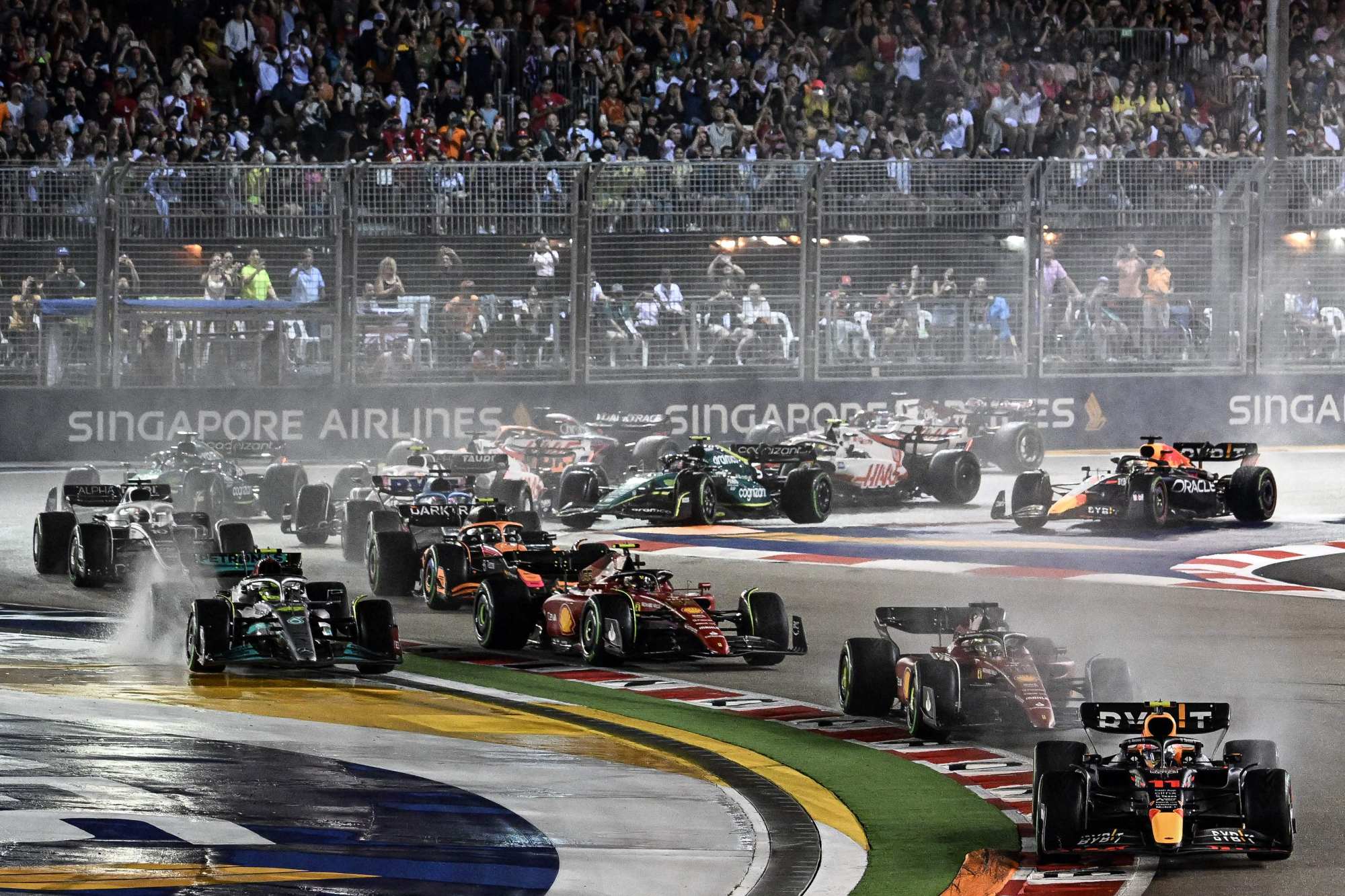
‘I told you so’
On social media, Reddit and forum pages known for intense political gossip, “I told you” seemed to be the dominant theme following Ong’s arrest.
While there have been no details about the investigation involving Iswaran – lawyers caution that he must be considered innocent until proven otherwise – the chatter before Friday had been that Ong could be questioned too.
Iswaran, 66, and Ong, are widely seen as twin engines behind Singapore’s successful pitch in the mid-2000s to bring the F1 race to the city state. Iswaran, as then junior trade minister, and Ong as the money man, convinced the then F1 global head honcho Bernie Ecclestone to make Singapore the venue for the sport’s first night race, starting in 2008.
Iswaran reportedly knew Ong from his previous career as a high-flying bureaucrat and top executive at the state investor Temasek Holdings.
The Singapore race has since been entrenched as one of the highlights of the F1 calendar, with the three-day event attracting the super wealthy from around the region.
The event’s rise in status, despite the sprouting up of five other night races including in Qatar and Las Vegas, has mirrored Singapore’s meteoric progress in the 2010s as the go-to Asian playground for the rich and famous.
After a Covid-induced interruption in 2020 and 2021, the race returned in grand fashion last year, attracting a record crowd. The Singapore government, along with Ong’s Singapore GP, in January announced that the contract to host the race in the republic would be extended for a further seven years – the fourth and longest contract extension with the owners of F1.
There are no indications that the CPIB probe has anything to do with F1, but public speculation – and even talk among associates – has gone in that direction.
Prime Minister Lee’s No. 2 and designated successor, Lawrence Wong, earlier urged the public not to speculate on the investigation into Iswaran, saying only that it was initiated by the CPIB and was originally pertaining to a separate matter. It was brought to Prime Minister Lee’s attention in May, and on July 5 the agency asked for his assent to interview the transport minister. Lee greenlit the request the next day.
The Singapore-based businessman who spoke to This Week in Asia, who has had dealings with Ong and his wife, said of Iswaran: “As the minister in charge of F1, should you be so buddy-buddy with the F1 franchise owner? This is something we need to ask.”

Probity and a ‘code of honour’
Also circulating online were remarks by the late Lee Kuan Yew on the probity of political leaders and their relationship with tycoons.
The founding prime minister remains widely revered for force-marching Singapore from third- to first-world status, and for entrenching a culture within the bureaucracy and the public that deeply eschews corruption practices – seen as key to the city state’s status as one of the world’s least corrupt places.
In a speech to parliament in May 1996, as the PAP-dominated legislature debated the concluded investigations into the Lees’ purchase of HPL properties, the political patriarch said interacting with the country’s tycoons, including Ong, was important to help Singapore’s economic interests “go regional”.
“I can eat with Ong Beng Seng and Koh Beng Seng and I would still be the same person. No difference,” Lee said. “And that is again back to character and a code of honour.”











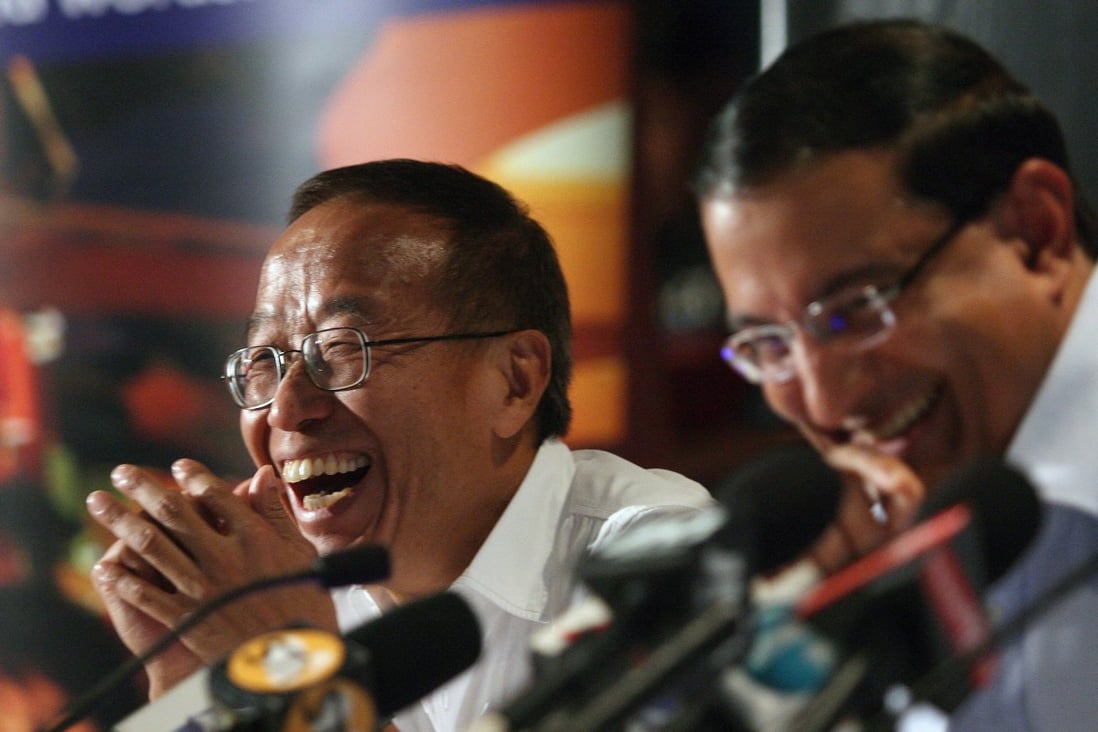
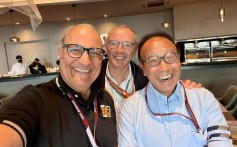
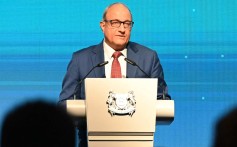


Comments
Post a Comment